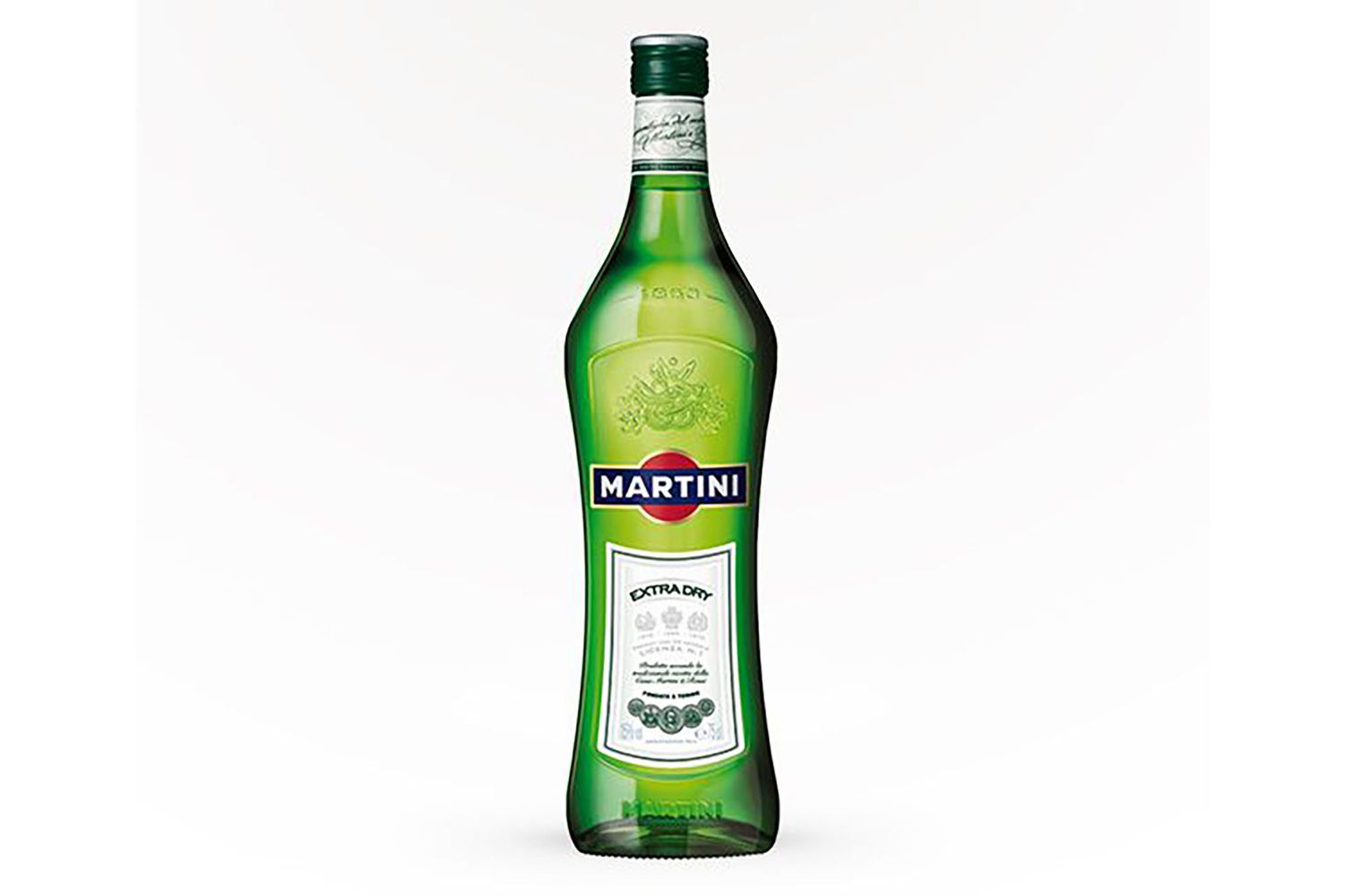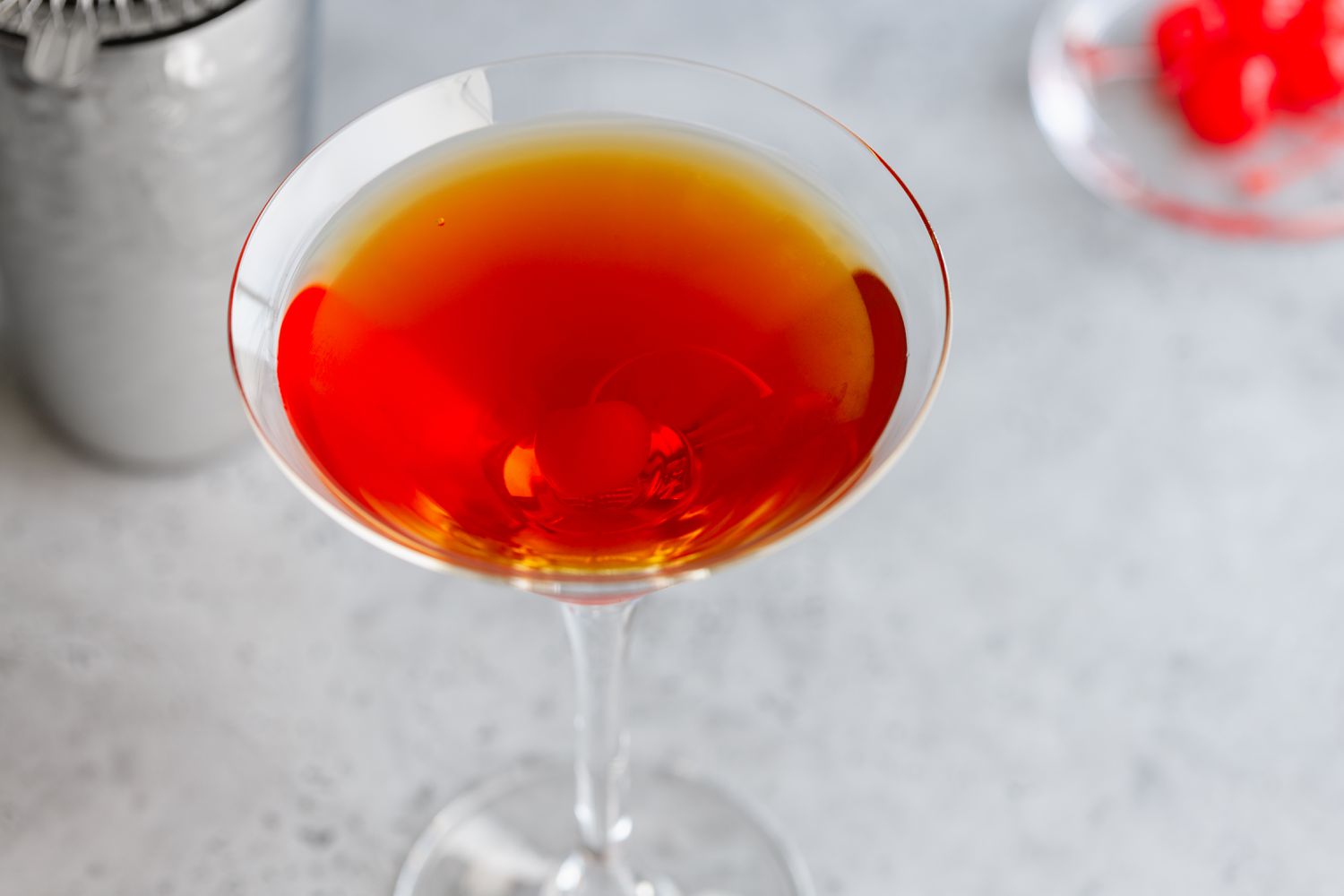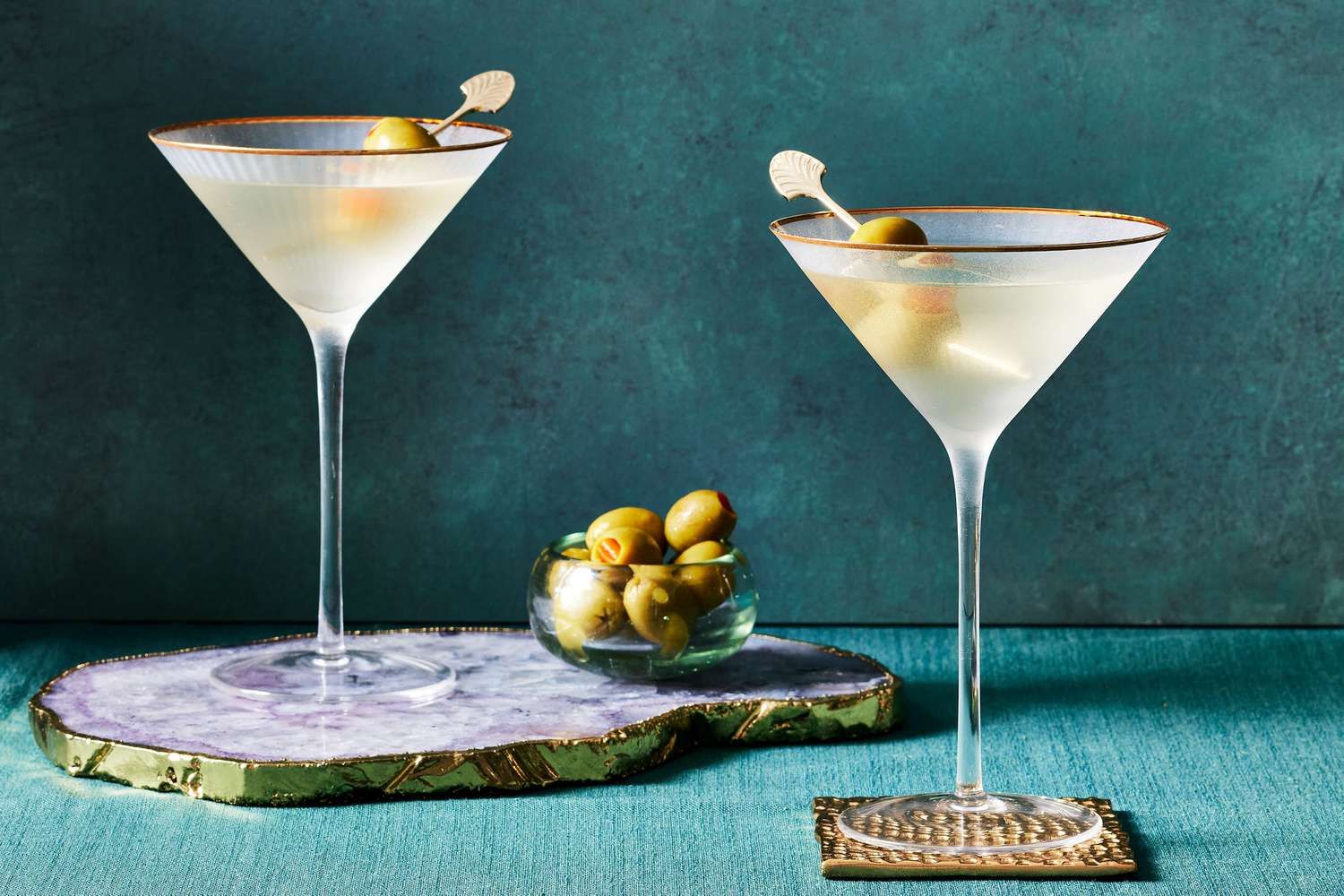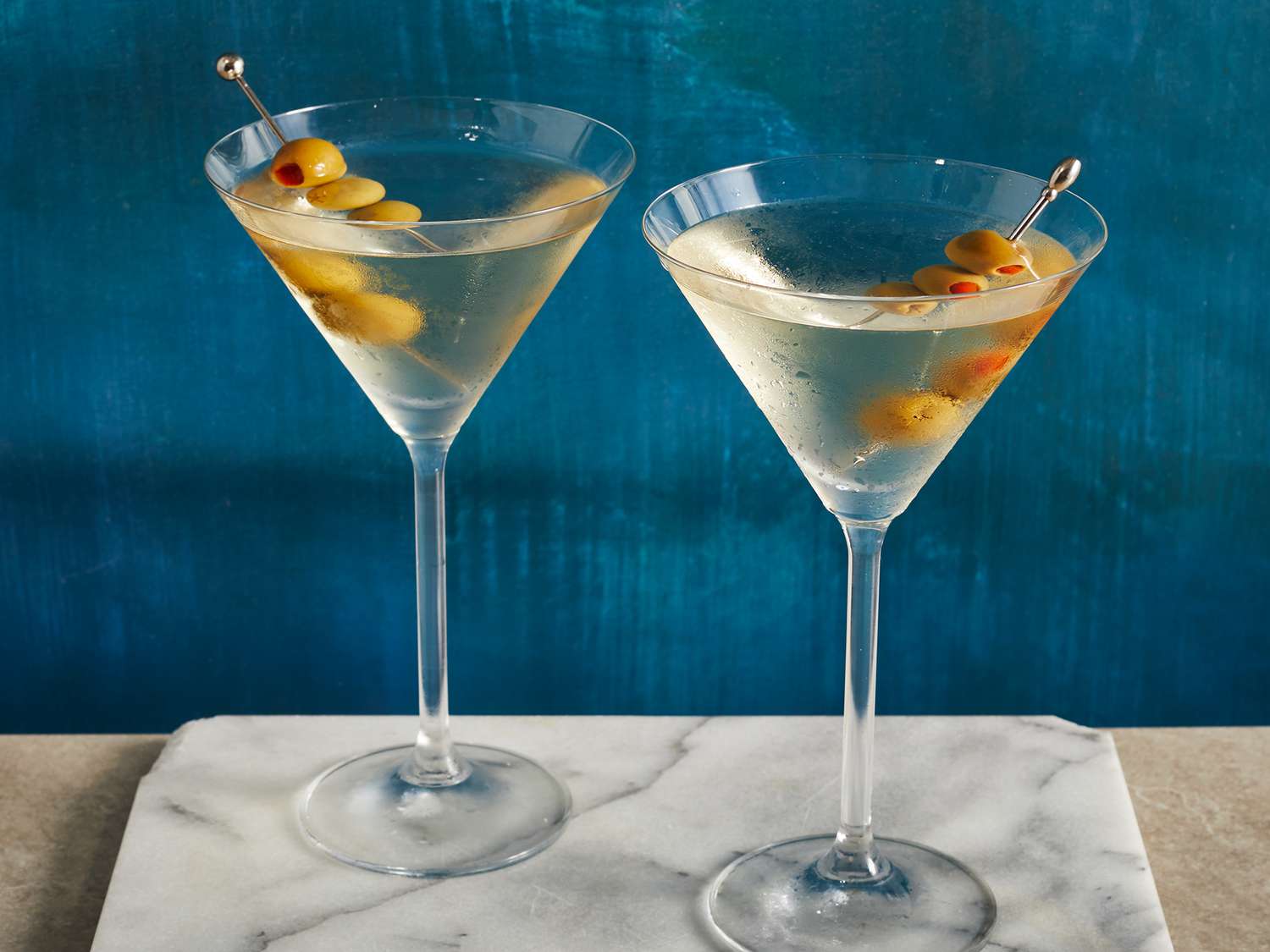Unlocking the Culinary Magic: Exploring the Versatility of Dry Vermouth
Vermouth – it’s a staple in many classic cocktails, but did you know that this fortified wine can also be an amazing ingredient in the kitchen? Dry vermouth, with its delicate herbal flavors and subtle sweetness, can add depth and complexity to a wide range of dishes. Whether you’re a seasoned chef or simply an adventurous home cook, here are some exciting ways to incorporate dry vermouth into your culinary creations.
1. Enhance the Flavors of Sauces and Marinades
Dry vermouth can be a secret weapon in your sauce and marinade arsenal. Its botanical notes and mild acidity add a delightful twist to savory dishes. Try deglazing a pan with dry vermouth to create a flavorful base for sauces like mushroom or shallot reduction. You can also add a splash to your marinades to tenderize meat and infuse it with a unique, aromatic essence.
2. Elevate Seafood Dishes
Seafood and vermouth are a match made in culinary heaven. The herbal and citrus undertones of dry vermouth complement the delicate flavors of fish and shellfish beautifully. Consider using it as a poaching liquid for shrimp or mussels, or incorporate it into a creamy broth for a decadent seafood chowder. The vermouth will add a subtle depth to the dish that will leave your taste buds begging for more.
3. Create Flavorful Vegetarian Delights
Vermouth doesn’t discriminate when it comes to vegetarian cuisine. Its herbaceous profile can transform simple vegetable dishes into extraordinary ones. Sauté mushrooms with a splash of dry vermouth for an earthy accompaniment to your favorite vegetarian plates. You can also braise vegetables in vermouth-infused broth to infuse them with a rich and complex flavor.
4. Unleash the Magic of Vermouth Cocktails
Of course, we can’t forget the classics. Dry vermouth shines in traditional cocktails such as the Martini and the Manhattan. Its botanical notes and balanced sweetness play harmoniously with the spirits, creating sophisticated and well-rounded libations. Experiment with different ratios to find the perfect mix that pleases your palate.
5. Jazz Up Your Desserts
Who said vermouth was limited to savory dishes? Take your desserts to the next level by incorporating dry vermouth into your recipes. From poached fruits to vermouth-infused custards or sorbets, the possibilities are endless. The herbal undertones of vermouth can add a unique twist to your favorite sweet treats, leaving your guests in awe of your culinary creativity.
Now that you’re armed with these culinary ideas, it’s time to unleash the potential of dry vermouth in your kitchen. Let your creativity flow and experiment with different dishes and flavors – the possibilities are as vast as your imagination. So, the next time you reach for that bottle of dry vermouth, remember that it holds the key to unlocking a world of culinary magic.











